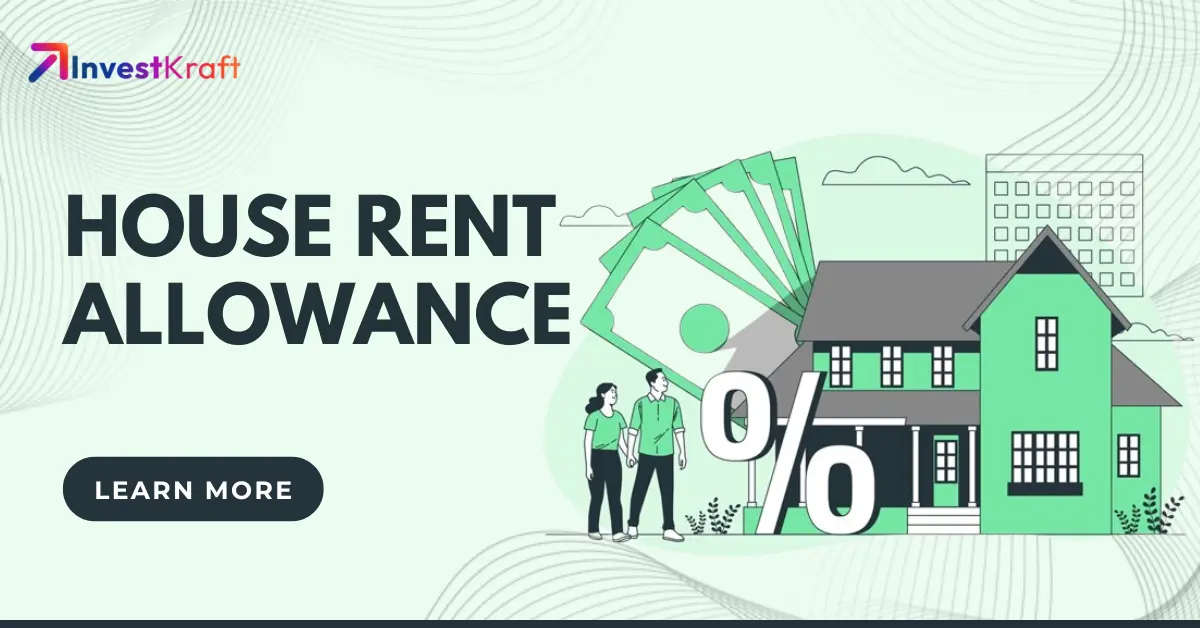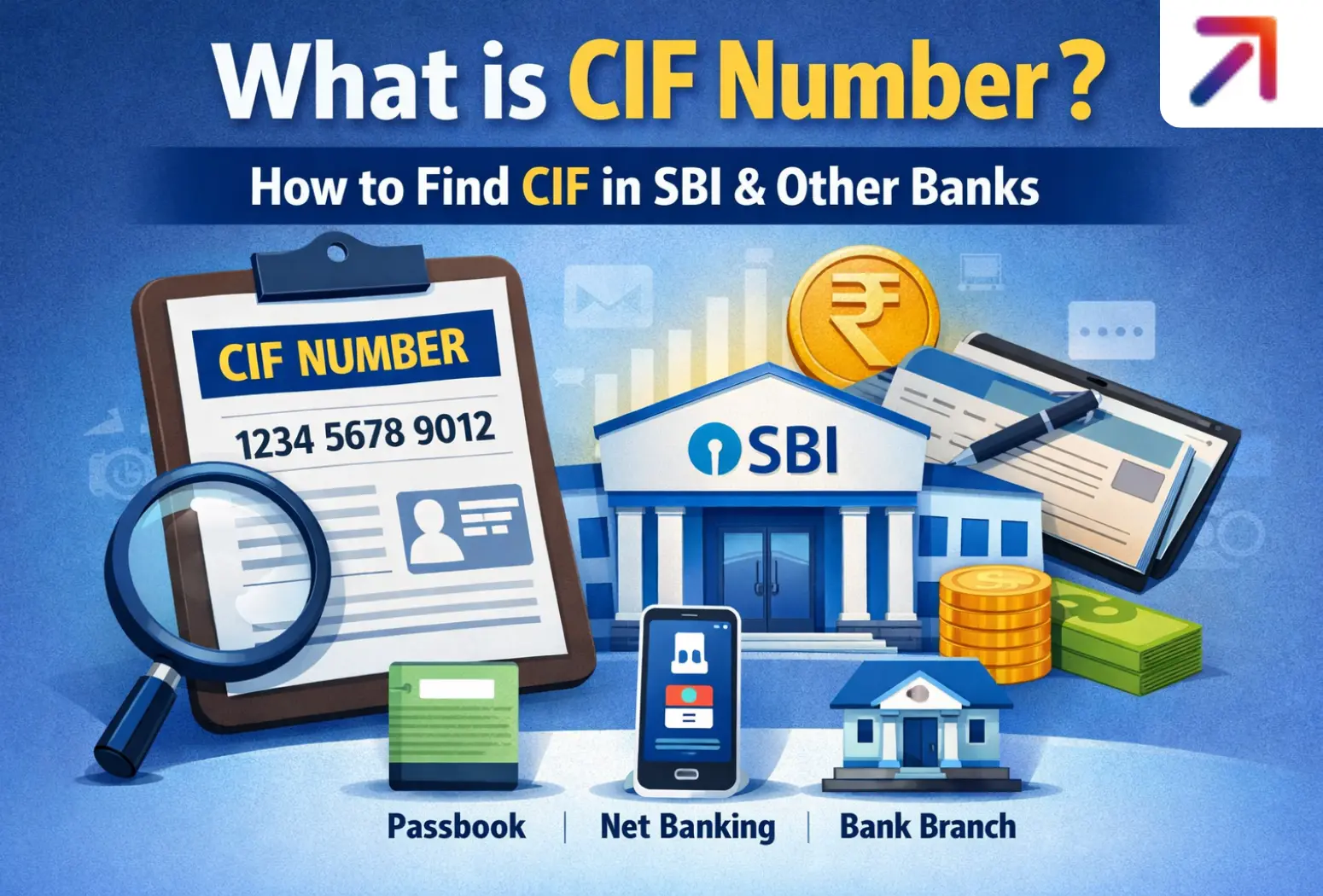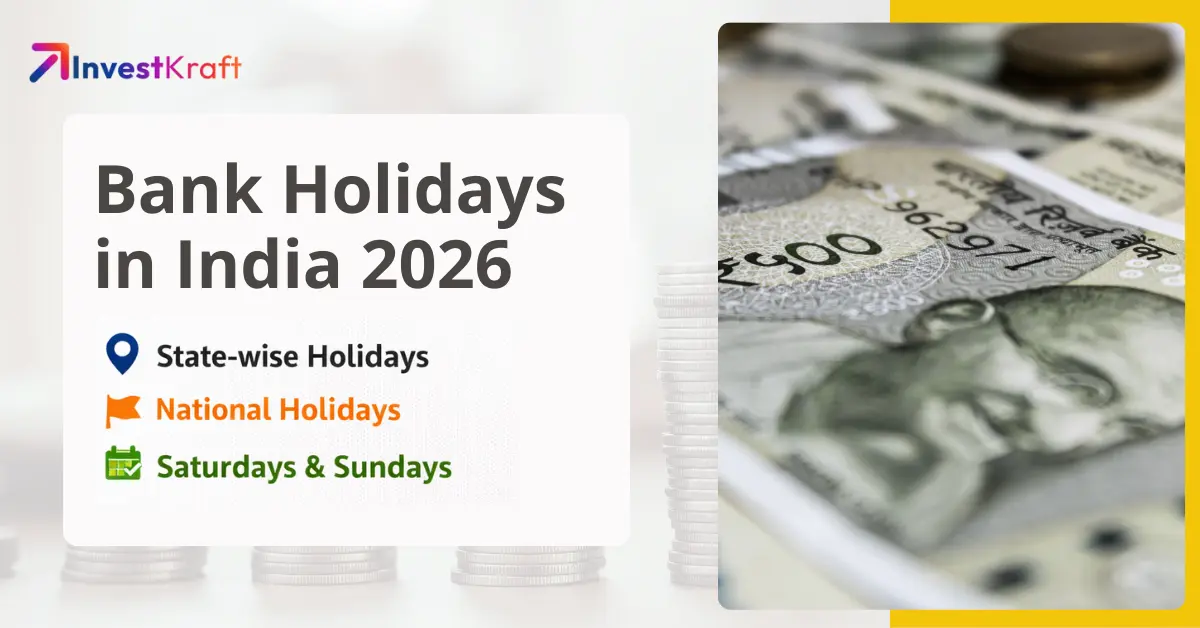How to Calculate HRA?

HRA or House Rent Allowance is one of the key parts of your pay. HRA is a requirement for all companies to offer reimbursement for housing rental costs. Most of us, though, are unaware that we can also save taxes on it. The employee's true pay, pay scale, and place of residence are all taken into consideration when determining the HRA amount. By using an HRA exemption calculator, you can choose to determine your tax obligation if you are a salaried worker living in a rental property.
What is HRA (House Rent Allowance)?
House Rent Allowance is the full name of HRA. It is a portion of your pay that your employer sets aside to cover the cost of your rental property. Only those who live in rental housing are eligible to claim HRA exemptions. The Income Tax Act of 1961's Rule 2A and Section 10(13A) both address the HRA exemption. Let's review the HRA computation and rules below.
The HRA differs between cities. It also differs according to how much it costs to live in that specific city. Section 10(13A) allows for the deduction of the amount earned as part of the House Rent Allowance (HRA) from the taxable wage.
The Income Tax Act of 1961 states that an employee is only free from paying part of their HRA; the remaining portion is taxable. To determine how much of the total salary can be deducted as HRA, several conditions must be met. Calculating the exemptions and deductions is part of the income tax HRA computation.
What is the HRA Exemption Calculator?
Over the past ten years, the cost of living has increased significantly in most Indian cities. In addition to inflation, this is partially caused by a rise in disposable income. Many companies give House Rent Allowances, or HRAs, to workers who live in rented homes to protect their welfare. You can calculate how much you get as an allowance with our HRA calculator.
The 7th Pay Commission's suggestion resulted in significant changes to India's HRA slabs. Currently, cities are divided into three different slabs. The most metropolitan cities in Slab X are those where an HRA exemption calculator is necessary. Slab Y includes cities with marginally low costs.
The following are the main benefits of using a trustworthy HRA calculator in India:
- There are never any mistakes made by the calculator. It is yours to use as often as you choose.
- Based on the computations, you are eligible to claim tax exemptions.
- Lastly, the calculator handles every variable that is involved in the HRA computation.
Why is an HRA tax exemption calculator so important?
For those who receive a housing rental allowance from their job, using an online HRA calculator can be very advantageous.
Under the HRA, you can request an exemption under three different circumstances.
- Both having a salary and receiving the HRA as part of it are requirements. If you work for yourself, you are not eligible to use this.
- Secondly, you have to live on rental property.
- Finally, the HRA must be less than ten percent of your pay.
To determine how much tax you must pay on your HRA, use the HRA calculator. Here are a few more benefits:
- They will assist in calculating the amount of tax that you must pay within a fiscal year.
- The city you reside in affects your HRA slab as well. For instance, the HRA allowance may increase to 27% if you choose to remain in Chennai, New Delhi, Mumbai, Calcutta, or Ahmedabad. For tier-2 and tier-3 cities, the percentage can drop to 18% and 9%, respectively.
- Using an HRA calculator, you can quickly make future plans based on the amount of your salary that is designated as HRA.
Factors Affecting HRA Tax Calculation
- Pay: The base pay that an employee is entitled to. Except for a dearness allowance, the base wage in this instance does not include any other benefits. By adding the basic salary, dearness allowance, and sales commission, the base wage for the HRA calculation is estimated.
- HRA received is the term used to describe the employee's real amount of housing allowance.
- Actual Rent Paid: This is the actual amount of rent for a residential property that the employee pays.
- City of Residence: The city where the worker calls home. Whether a city is non-metropolitan or metropolitan will determine how things work.
HRA Tax Exemption
The following HRA calculation formula is used to determine the amount of HRA that can be claimed as an exemption from the taxable pay.
The least amount of the following can be deducted or claimed as an exemption:
- The employee's real amount of HRA received.
- 50% of the base pay if the worker lives in a large city.
- If the worker lives in a non-metropolitan area, 40% of the base pay.
- Ten percent of the employee's base pay is the actual rent they pay.
- The lowest of the aforementioned is thought to be exempt from the taxable salary.
HRA Tax Exemption Calculation
Basic pay = Base pay + Dearness Allowance (DA).
Let's have a look at this example of HRA calculation for tax.
Mr. Pankaj lives in Delhi and gets a monthly basic salary of Rs. 50,000 per month and pays rent of Rs. 15000 every month. He gets an HRA of Rs. 20,000 from his company.
Refer to the following table for more details.
| Specifications | Calculation | Amount |
| Actual HRA got | 20000 | |
| Actual rent payment – 10% of salary | 15000 – 10% (50000) | 10000 |
| 50% of Basic salary (metropolitan city) | 50% (50000) | 25000 |
| Minimum of the above amounts | 10000 |
As a result, Mr. Pankaj is eligible to deduct Rs. 10,000 per month from his taxable income, which was determined by using the HRA computation given above.
Note: The exemption for that month will adjust if an employee's income or rent is altered in any way. The table above can be used to compute it.
Please be aware that the monthly total of all HRA exemptions determines the annual HRA exemption.
Documents Required To Claim HRA Tax Exemption
A few documents are required to obtain tax exemption on HRA. These records attest to the employee's payment of rent to the landlord. Even if a taxpayer is paying their parents' rent, they are still eligible to claim an HRA exemption.
- Rent Receipts - Rent receipts are the most important document that must be provided to claim an HRA exemption. The receipts serve as evidence of the payment of rent.
- PAN Information for the Landowner - The income tax authority needs the landowner's PAN number to confirm that they have received the rent. If the annual rent exceeds INR 1 lakh, it is necessary.
- Self-declaration - The landowner may submit a self-declaration stating the same information if they do not own a PAN card.
HRA Tax Benefits
HRA is a portion of the employee's pay that the company deducts from their income to cover housing costs. Section 10(13A) of the Income Tax Act, 1961 allows the employee to deduct the amount of HRA they get from their taxable wage, either in full or in part. The HRA formula and the individual's pay determine how much can be deducted.
Prerequisites for HRA Tax Exemption
- The HRA exemption is only granted under law 80 or any other law when you give the landlord your rent.
- The times when rent is not paid are not subject to HRA deductions.
- The monthly HRA deduction is computed when your pay changes or your job location shifts (i.e., you move from a non-metro to a metro area or vice versa). Because of this, the HRA exemption or deductions may differ for each of the change periods separately.
- If you rent to any other family member besides your father, the company will cover HRA and associated tax deductions. To facilitate the IT department's easy deduction of your expenses, you must pay rent on a regular monthly basis via bank transfers to be eligible for HRA deductions.
Conclusion
House Rent Allowance, or HRA, is a benefit that salaried workers receive from their employer to help with housing costs. For employees who live in rental homes, a portion of the money earned is tax-free. If the worker resides in their own home and does not make rent, the full sum will be subject to taxes. To determine the exact amount for HRA tax exemption, use an online HRA tax exemption calculator today.
FAQs
Q. Who is eligible for an HRA exemption?
- An HRA exemption is available to any salaried person. However, not all salaried individuals are eligible for an HRA exemption. Renters only may be eligible for this benefit if they are paying residential rent.
Q. If I pay my family members' rent, are I still eligible for an HRA exemption?
- It's true that you can still claim HRA exemption if you give your parents rent money. However, this does not apply to the spouse's rent payment. To validate the payment, however, make sure you have all the necessary supporting documentation.
Q. Is it possible to claim both the house loan deduction and the HRA tax exemption simultaneously?
- If you have a home loan for a house in a separate city and you live there on rent, then you can, in fact, deduct both HRA and your home loan.
Q. Is it required to give employees HRA?
- Indeed. In an ideal world, HRA would be covered by the employees' pay scale.
Q. When my landlord is an NRI, can I still claim the HRA tax exemption?
- Yes, but 30% TDS is necessary.
Q. Even though I own a home, can I still deduct HRA from my taxes?
- Yes, there are situations in which renting a home in a different city than your own is a viable option.
Q. I'm missing the rent receipts. Is it still possible to deduct HRA?
- Yes, as long as your claim is backed up by bank documents and a rent or lease agreement.
Q. How do I figure out deductions for HRA?
- To determine the amount of the claimable deduction under Section 10(13A) of the Income Tax Act, the HRA calculator provided by the Income Tax Department is a useful tool.
Q. If I rent another apartment in the same city while my house is being built, am I still eligible for the HRA deduction?
- Yes, if you pay rent, you are eligible to claim an HRA deduction.
Related Posts;
- What is NPV and how does it Work?
- SWP Calculator with Inflation
- SIP Calculator And Its Benefits
- Simple Interest Rate and How to Calculate It?
- PPF Calculator – How to Use it?
- GST Calculator and How Does It Work?
- ELSS Calculator and How Does it Work?
- How to Calculate Gratuity Amount?
Verify Phone Number
Related Post

What is CIF Number? Meaning, Uses & How to Find CIF in SBI and Other Banks
If you have ever checked your bank passbook or net banking profile, you may have noticed a ter...
Read more...
CIBIL Score Check Guide 2026: How to Check, Improve & Understand Your Credit Score
CIBIL score full form is Credit Information Bureau (India) Limited Score and it is one of the...
Read more...
NBFC vs Bank for Personal Loan in India: Key Differences, Interest Rates & Which is Better?
When it comes to personal finance, choosing between an NBFC (Non-Banking Financial Company) and a tr...
Read more...
20 Best Money Earning Websites Without Investment in India with UPI Withdrawals 2026
Looking to make some extra cash from home in 2026? You're in luck. With the rise of digit...
Read more...
Best Government Schemes with High Returns in India 2026
Investing in government schemes is a smart way to grow your money safely. These plans are back...
Read more...
Union Budget 2026: Expectations, Income Tax, Capital Gains & Key Reforms
The Union Budget 2026 is India’s annual fiscal plan for FY2026-27, outlining the government’s...
Read more...
Post Office Monthly Income Scheme (POMIS) – Interest Rate, Benefits & Calculator 2026
Want to know a risk-free investment option with a high monthly return? Then we strongly recomm...
Read more...
Top Fintech Companies in India 2026 – Updated List, Services & Insights
With the advent of AI and digital payment methods, India has recently seen a surge in fintech...
Read more...
Bank Holidays in India 2026: Complete State-wise RBI List
Before you head out to carry out your important banking activities in 2026, please read this b...
Read more...
How to Get Free From the Debt Trap in 2026
There is a moment in everyone’s financial life when they look at their credit card bill and wo...
Read more...Reach out to our Experts if you have any Doubts
Like the best things in life, Consultations @InvestKraft are free
Drop a Mail or give us a Missed Call & Begin your Investment Journey here







